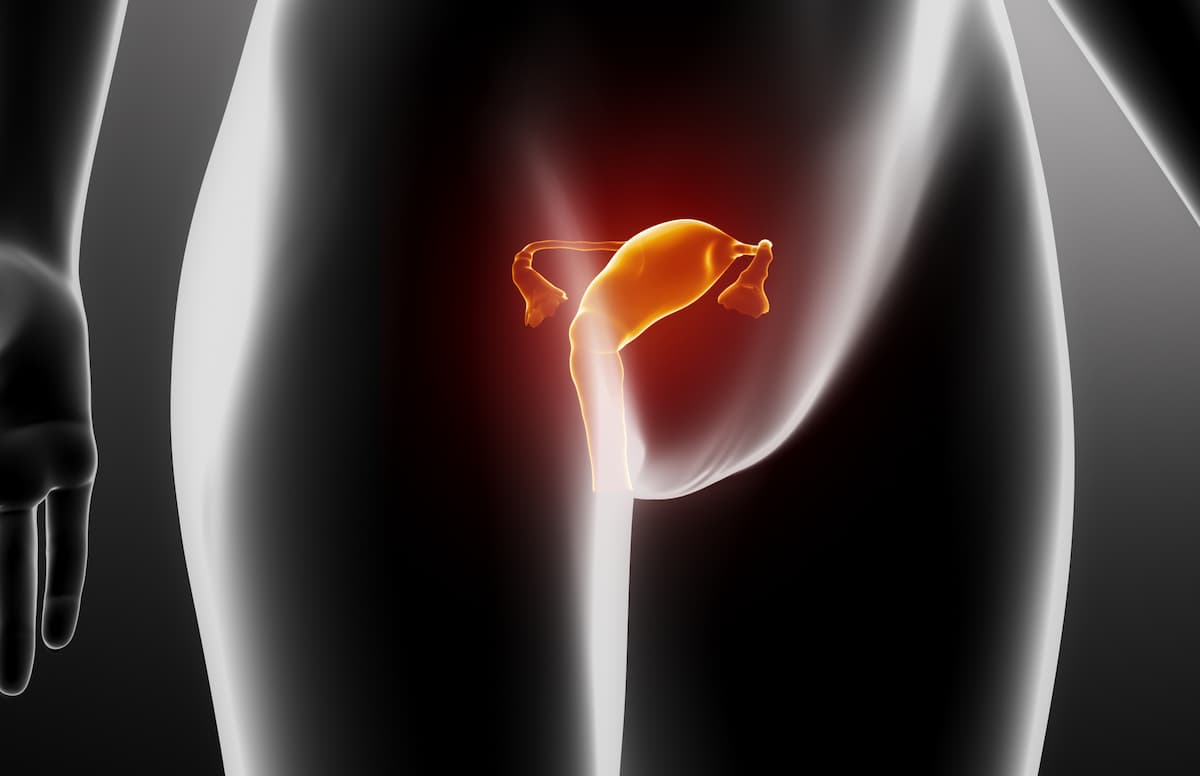
RAMP 201 Shows “Impressive” Data in KRAS+ Low-Grade Serous Ovarian Cancer

Response rates appeared to be higher with avutometinib plus defactinib vs avutometinib alone in the phase 2 RAMP 201 study.
CancerNetwork® spoke with Rachel N. Grisham, MD, about key efficacy data from the
According to Grisham, section head of Ovarian Cancer and director of Gynecologic Medical Oncology at MSK Westchester of Memorial Sloan Kettering Cancer Center, avutometinib plus defactinib demonstrated improved responses and comparable tolerability vs avutometinib monotherapy during the initial stages of the study. Additionally, avutometinib at 1.6 mg biweekly demonstrated worse outcomes vs a 3.2-mg dose during part D of the study, leading investigators to conclude that avutometinib at 1.6 mg would not be pursued as a starting dose in the treatment of those with recurrent LGSOC.
Transcript:
The RAMP 201 study was a study that was designed to answer multiple questions. Initially, patients enrolled to RAMP 201 were randomly [assigned] to avutometinib, the RAF/MEK clamp, at a higher dose vs the combination of avutometinib and defactinib at the standard dose. That initial randomization period showed that the combination of avutometinib and defactinib had a higher response rate and similar tolerability to avutometinib as a single agent, indicating that it's important that we give these 2 drugs together to our patients.
In the expansion cohort, we learned more about the median progression-free survival and response rates to these drugs. In those patients with a KRAS mutation, the median progression-free survival was 22 months, which is quite impressive. Then, in the final cohort of the study—cohort D, the dose optimization cohort—we saw that patients starting at a lower dose of avutometinib, 1.6 mg by mouth, [experienced] lower efficacy, indicating that it is important that patients being treated with this combination start at the standard prescribed dose.
References
- Grisham RN, Nieuwenhuysen EV, Aghajanian C, et al. Avutometinib + defactinib in recurrent low-grade serous ovarian cancer (ENGOT-ov60/GOG-3052/RAMP 201): dose intensity and subgroup analysis. Presented at the 2025 Society of Gynecologic Oncology Annual Meeting on Women’s Cancer (SGO); Seattle, WA, March 14-17, 2025.
- FDA grants accelerated approval to the combination of avutometinib and defactinib for KRAS-mutated recurrent low-grade serous ovarian cancer. News release. FDA. May 12, 2025. Accessed May 8, 2025. https://tinyurl.com/ywyd4ps3
Newsletter
Stay up to date on recent advances in the multidisciplinary approach to cancer.



































